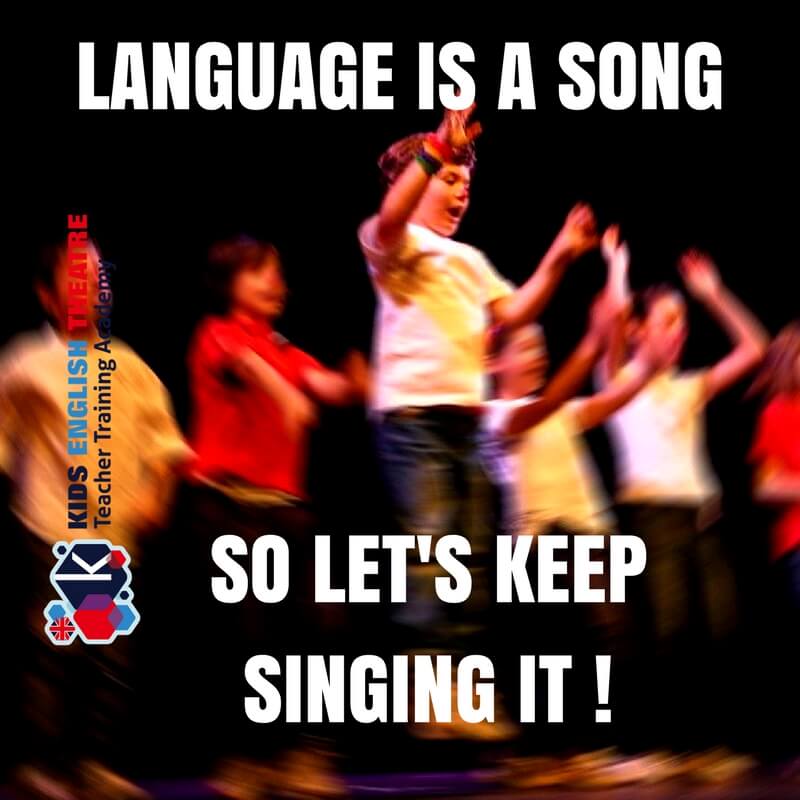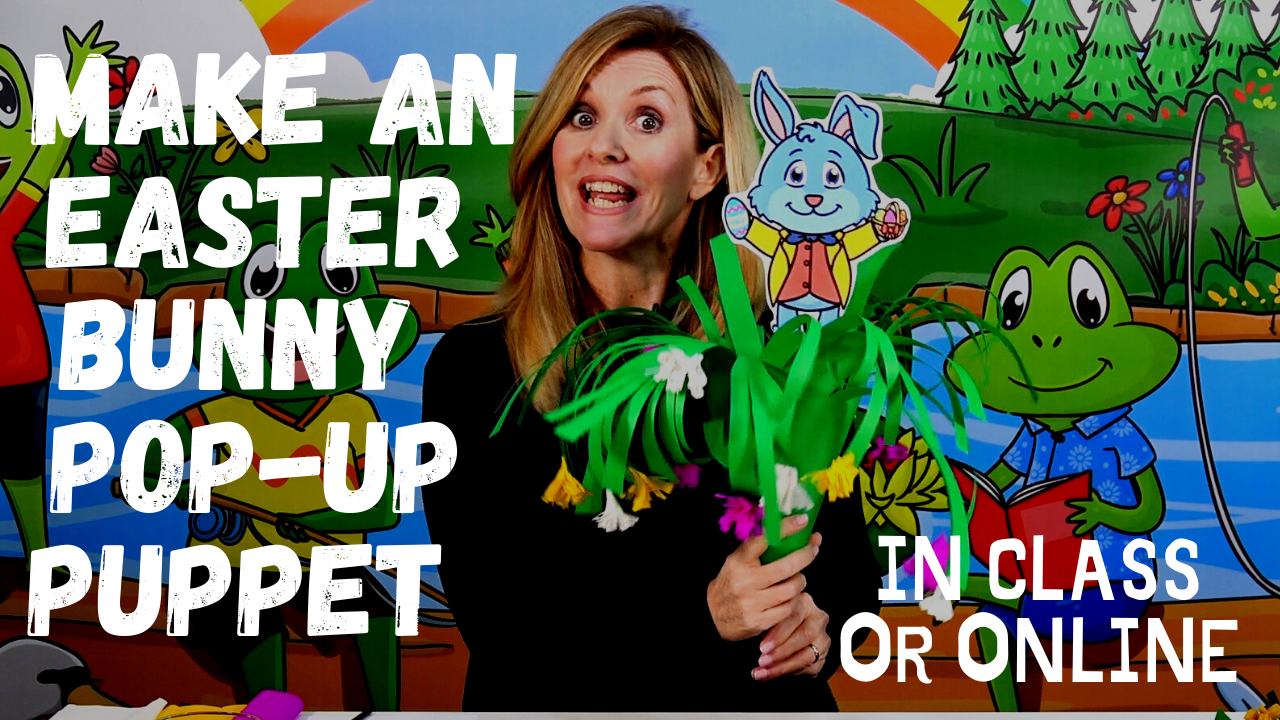When will you start teaching my child English, seriously?!

When will you start teaching my child English, seriously?!
A few years ago I had a model student in my class. She was eight years old, enthusiastic, participative and highly receptive. She was making fast progress and above all she seemed to love learning English.
I was therefore surprised and a little upset when her parents told me that she wouldn’t be back for another course year. She would be attending a “traditional” English school, because they thought she was too old to continue singing and acting. She needed to start some “serious” English learning.
My confidence was knocked for a while and I started doubting my non- traditional methods of teaching English through drama and music.
Until …
after a year, she came back!
Her mother told me that she really missed my courses and wanted to continue, no matter what!
I was delighted.
Parents are often made to believe that learning English is a serious business and can only be taught using traditional methods.
Reading and writing skills are imperative for children learning a foreign language as are
speaking skills and that’s where music, can be useful.
We forget that singing is the closest we get to speaking a language.
Singing helps children masticate, practice and memorize language in a natural way. Often children don’t even realize that they’re learning and repeating new vocabulary, grammar or pronunciation, they’re just simply having fun in singing a song.
As you know, in less than two weeks I will be presenting the 5-Day Complete English Theatre Teacher Training Course.
One of the topics we’ll be covering is How to Use Music to Teach a Language:
– Using music effectively in the classroom: The dos and don’ts of singing.
– Learn how to structure and manage your lessons around music
– Tips on selecting songs that are quick and simple to teach and learn.
– Develop ways of encouraging shy or disinterested children to speak/sing.
– Drama Story Songs: Strategies to encourage verbal communication, through interpretation and characterization.
– Active Songs Rhymes and Chants- using the Total Physical Response Experience.
– A prepared teacher is a relaxed teacher: How to prepare and practise songs
Language is a song – so let’s keep singing it!
Happy Teaching!



